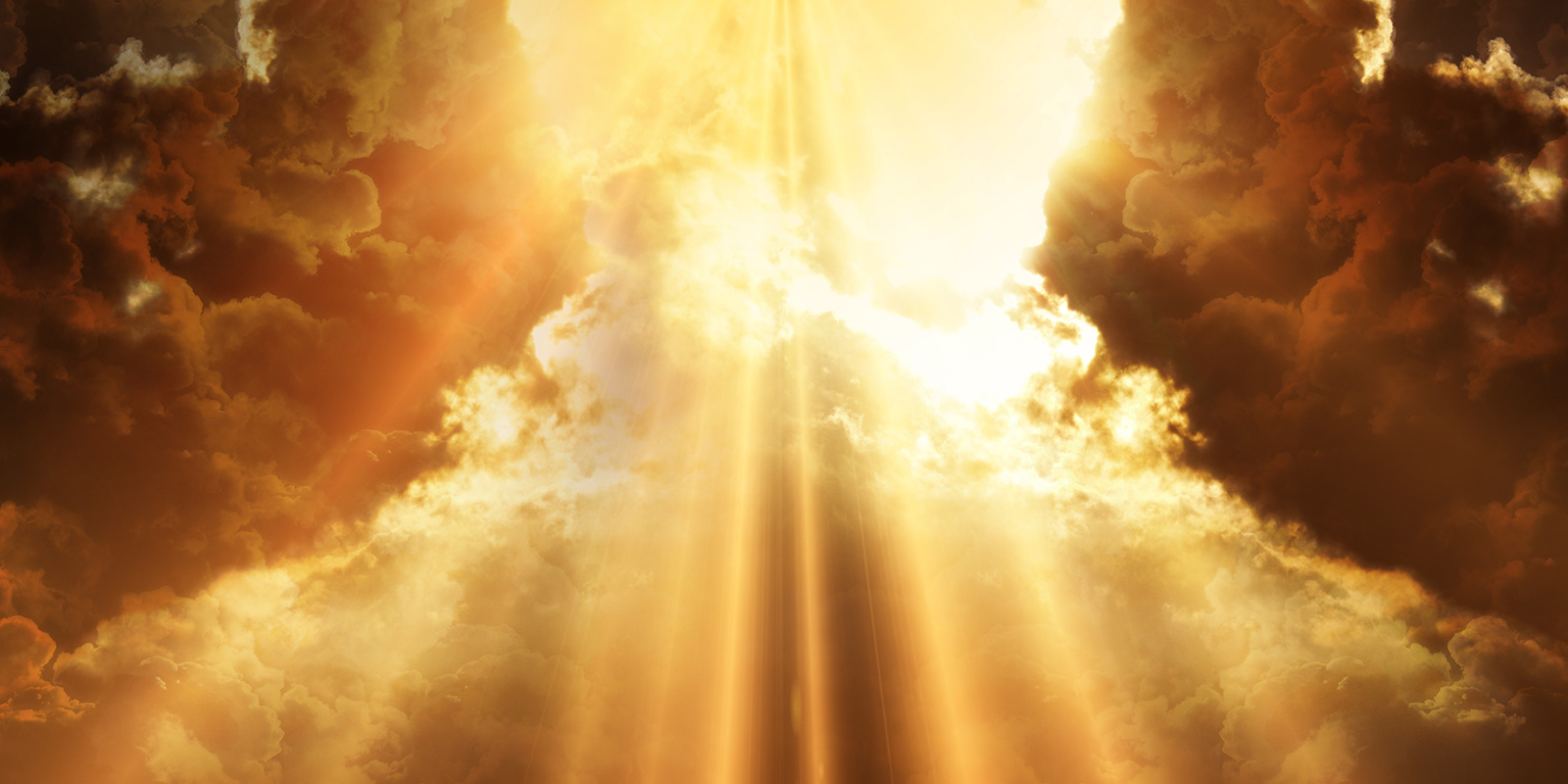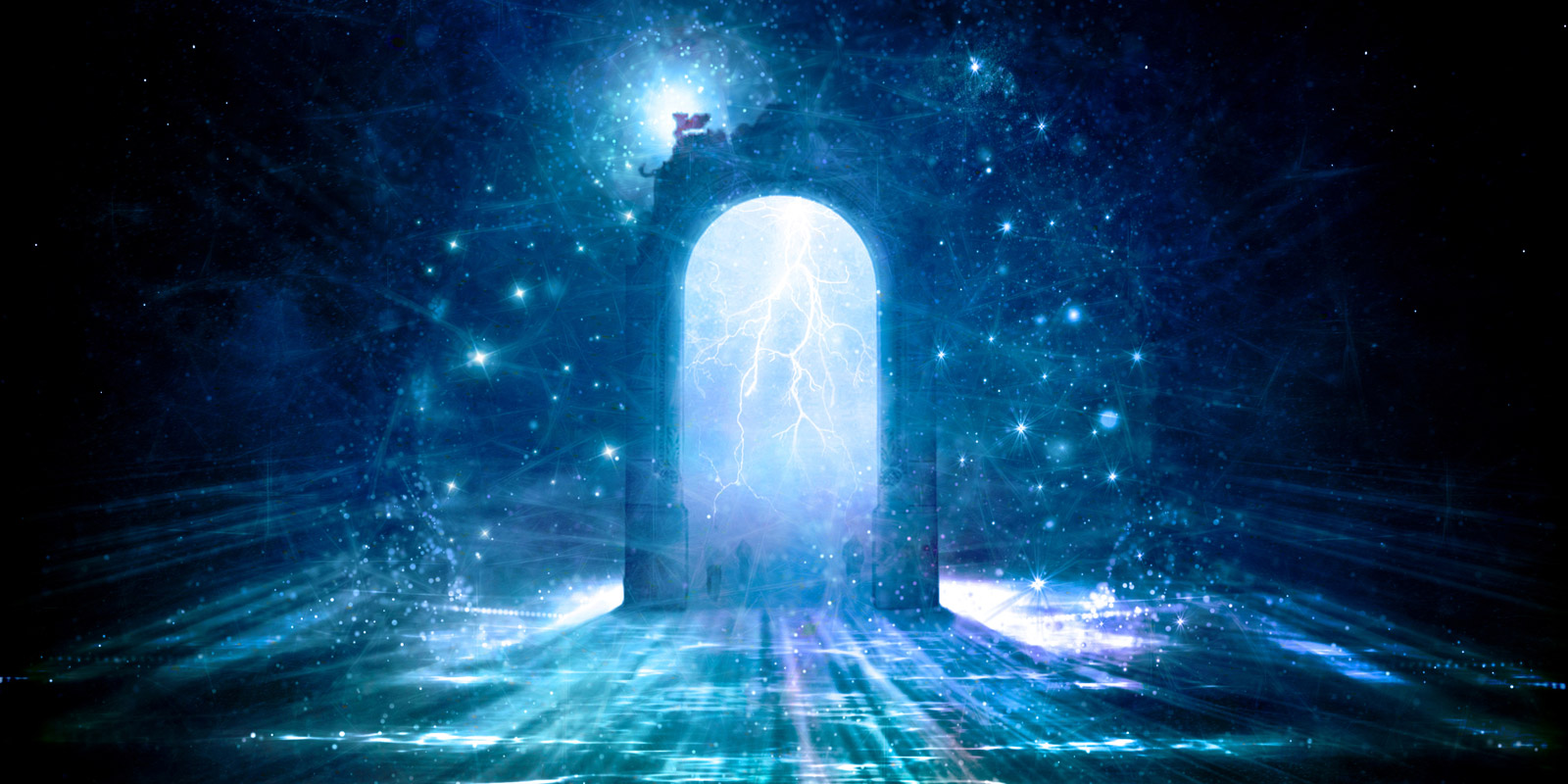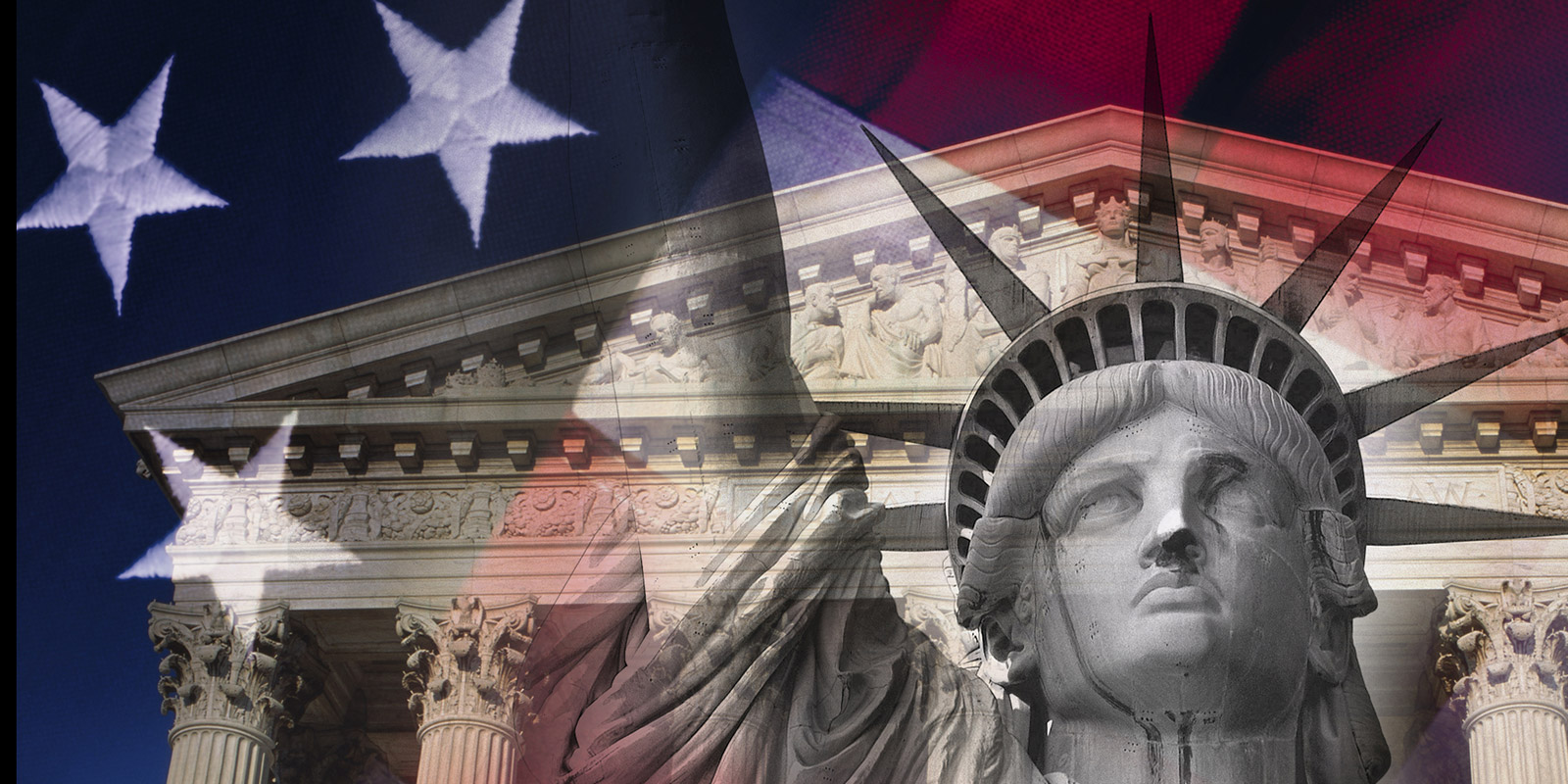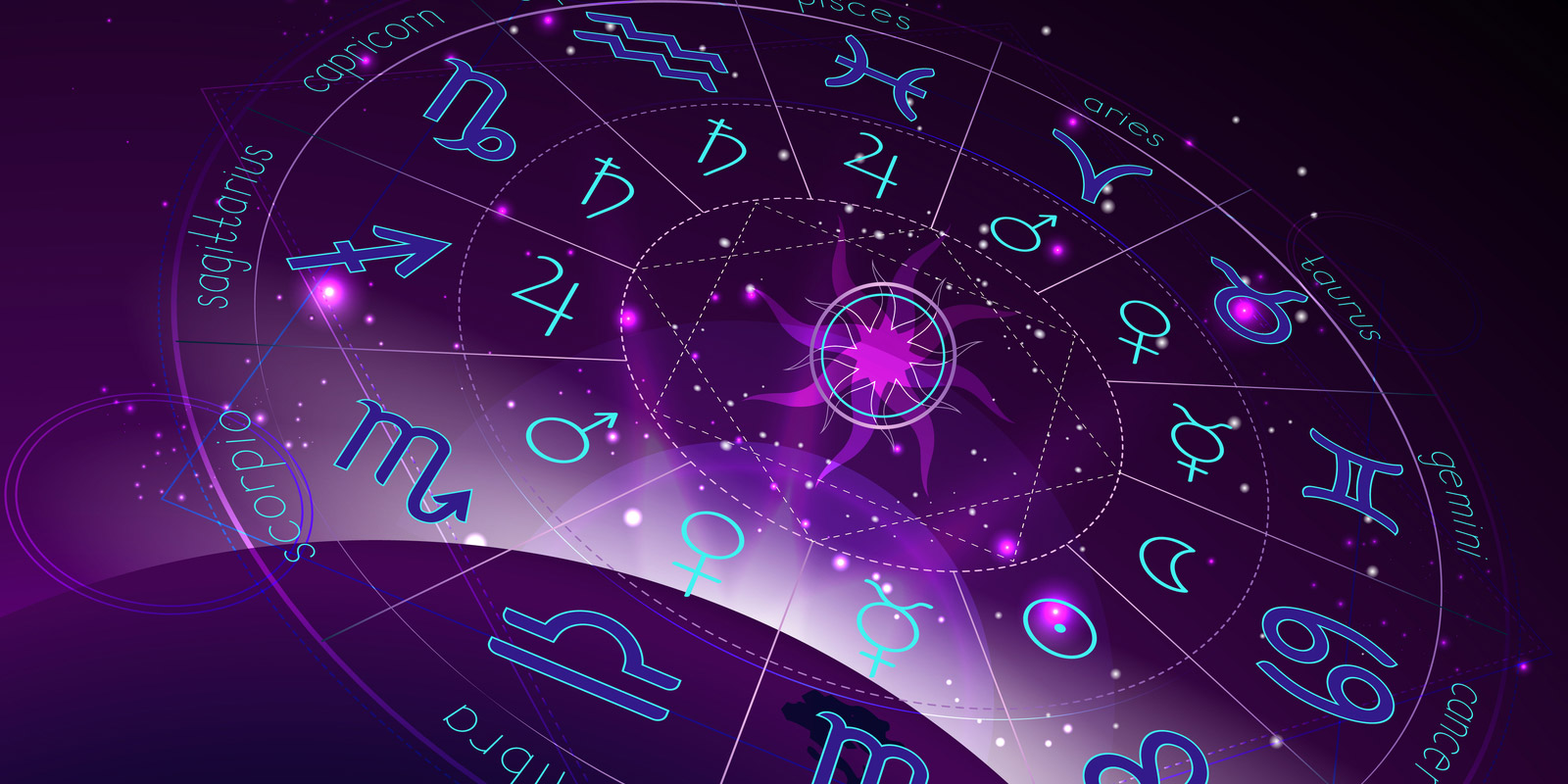Today is Earth Day, an opportunity to reflect with gratitude on the bounty of our shared home, and to renew our commitment to preserving it. I offer the following story as food for thought.
Once upon a time, not very long ago, there was a wise king who wanted to create the happiest kingdom in the world. Drawing on the collective wisdom of his advisors, he sought the perfect form of government. After much deliberation and consultation, he realized that focusing power in one monarch was antithetical to collective happiness. He therefore stepped down as head of government in 1998, decreeing that a constitution be written to create a democracy!
This kingdom is Bhutan, a tiny nation nestled between Tibet and India in the eastern Himalayan mountains. The king was Jigme Singye Wangchuck. A constitution was drawn up based on Buddhist philosophy and the International Convention on Human Rights. In 2001 it was delivered to the public for comment and ratified on July 18, 2008. Just 11 years ago, Bhutan became the world’s newest democracy.
Bhutan’s enlightened monarchs and ministers have worked tirelessly to balance economic growth with social development, environmental sustainability and cultural preservation. Unlike the rest of the world, their economy is based not on Gross National Product (GNP) but on GNH – Gross National Happiness.
To that end, they made their environment a top priority. The constitution states that not less than 60% of their land must be under forest cover. And to protect their wildlife, they have created corridors of forest and jungle so that all animals may wander the full extent of their country under the protection of natural habitat. Because of their dedication to pristine environment, Bhutan is rich in biodiversity and the only country in the world that is carbon neutral. In fact, because of their vast forests, Bhutan is carbon negative!
To learn more about how they accomplished this amazing feat, and how they continue to maintain a high standard of Gross National Happiness, check out this inspiring Ted Talk by their Prime Minister in 2016, Tshering Tobgay. This humble man, with his gentle sense of humor, spoke with pride about his unique nation. I hope you will take 10 minutes to listen. It’s an inspiration for our dreams of a brighter future. You will learn about “Bhutan for Life” and their vision of “Earth for Life,” a paradigm upon which we can achieve sustainability and thrive in global peace and happiness.
Emissaries from Bhutan have been exporting their recipe for carbon neutrality and national happiness. They were influential in the forging of the Paris Agreement to reduce carbon emissions world-wide to stem the advance of global warming. Today, the United States is the only nation that is withholding support.
In the preamble to their constitution, the people of Bhutan pledge themselves “to secure the blessings of liberty, to ensure justice and tranquility and to enhance the unity, happiness and well-being of the people for all time.” Our nation was founded on the same basic principles: life, liberty and the pursuit of happiness. However, we have lost touch with what that means. Over the last two centuries, we have evolved the belief that happiness is tied to wealth and power. Wealth today means endless increasing profit. Power means hoarding resources and having the largest arsenal of weapons on the planet. Is this the best way to pursue happiness?
It’s time for us to revision the happiness we are all madly pursuing. We can learn from Bhutan, a country with high ideals and the will to live up to them. So on Earth Day let’s all take a moment to ask ourselves what we truly value, what is our ideal world, what would constitute Heaven on Earth?
Two enemies of progress are skepticism and its evil twin: cynicism. Editors and commentators frequently scoff at idealism. They cite past Utopian failures and write off our ideals as unrealistic. They have taught us to expect the worst. Even astrologers are constantly warning of too much optimism! Really? What better fuel to launch our best dreams and ideas?
As we ponder happiness and well-being, we should also consider what type of leader could help us manifest our ideals. Socrates declared in Plato’s Republic that the only person who could be trusted to rule well was the Philosopher King – a leader who was morally and intellectually suited to govern – morally because of their dedication to the Truth, freedom from greed and the lust that tempts one to abuse power; intellectually because they have a larger grasp of reality, a knowledge of goodness and virtue, standards that can elevate the values of the citizenry. The fourth King of Bhutan was an incarnation of this ideal.





Leave a Reply